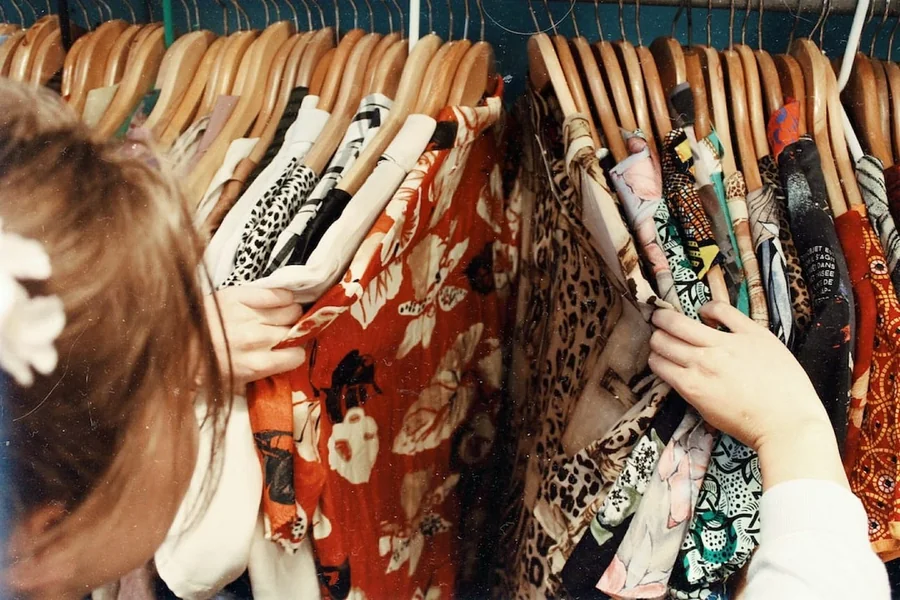As the environmental impact of the fashion industry becomes increasingly evident, sustainability has emerged as a critical focus for brands and consumers alike. The shift toward eco-friendly practices involves rethinking every aspect of fashion—from sourcing materials to production, packaging, and beyond. Some pioneering brands are leading the charge, setting new standards for responsible fashion and inspiring the industry to adopt greener, more ethical practices. Here’s a look at fashion and sustainability, highlighting brands that are making a meaningful difference.
Why Sustainability Matters in Fashion
The fashion industry is one of the largest polluters globally, consuming vast amounts of water, energy, and raw materials while generating significant waste and greenhouse gases. Fast fashion, characterized by rapid production cycles and disposable trends, exacerbates these issues. Sustainability in fashion aims to reduce this impact by promoting ethical sourcing, reducing waste, and encouraging mindful consumption.
Key Sustainable Practices in Fashion
- Use of Organic and Recycled Materials: Brands are increasingly choosing organic cotton, recycled polyester, and innovative fibers like Tencel to minimize environmental harm.
- Ethical Labor Practices: Ensuring fair wages, safe working conditions, and community support throughout supply chains.
- Circular Fashion Models: Encouraging recycling, resale, rental, and upcycling to extend garment lifespans.
- Reducing Water and Chemical Use: Implementing cleaner dyeing techniques and water-saving technologies.
- Eco-Friendly Packaging: Using biodegradable or reusable packaging materials.
Brands Leading the Sustainability Movement
- Patagonia
Patagonia has long been a trailblazer in sustainable fashion. The brand emphasizes environmental activism, uses recycled and organic materials, and encourages customers to repair and reuse garments. Patagonia’s Worn Wear program promotes product longevity, reducing waste significantly.
- Stella McCartney
As a luxury brand, Stella McCartney champions sustainability without compromising on style. The company uses innovative materials such as vegan leather, organic cotton, and recycled fibers. Stella McCartney also maintains transparency in supply chains and supports regenerative agriculture.
- Everlane
Everlane focuses on “radical transparency,” revealing costs and production details to consumers. They prioritize sustainable materials and ethical factories, offering affordable, minimalist basics that encourage slow fashion.
- Reformation
Reformation combines trendy designs with eco-conscious production. The brand uses deadstock fabrics, sustainable fibers, and renewable energy in factories. Reformation tracks and publishes its environmental footprint to hold itself accountable.
- Allbirds
Known for sustainable footwear, Allbirds uses natural materials like merino wool and eucalyptus tree fiber. Their carbon-neutral production process and commitment to renewable energy highlight innovation in eco-friendly manufacturing.
- People Tree
People Tree is a pioneer in Fair Trade and sustainable fashion. Collaborating with artisan producers, the brand emphasizes handcrafted, eco-friendly garments, supporting social and environmental causes.
- Veja
Veja revolutionizes sneaker production by using organic cotton, wild rubber from the Amazon, and recycled materials. The brand maintains fair trade practices and transparent supply chains, merging style with responsibility.
- Girlfriend Collective
This activewear brand focuses on inclusivity and sustainability by using recycled materials such as fishing nets and water bottles. Their transparent manufacturing practices and ethical labor policies appeal to conscious consumers.
- Toms
Famous for its philanthropic model, Toms also prioritizes sustainability by incorporating recycled and organic materials into its shoes and eyewear. The brand balances social impact with environmental responsibility.
- Outerknown
Co-founded by surfer Kelly Slater, Outerknown integrates sustainable practices like organic fibers, fair labor, and circular design principles into its casual wear, promoting durability and style.
How Consumers Can Support Sustainable Brands
- Research and Choose Wisely: Look for brands with clear sustainability commitments and certifications.
- Buy Less, Choose Quality: Invest in durable pieces rather than fast fashion items.
- Care for Clothes Properly: Extend garment life through proper care and repair.
- Resell or Donate: Give clothes a second life through resale or donation.
- Support Circular Fashion: Participate in clothing swaps, rentals, and recycling programs.
Challenges and the Road Ahead
Sustainability in fashion faces hurdles such as higher production costs, supply chain complexity, and consumer education. However, technological innovations, policy changes, and growing consumer demand are accelerating progress. Collaboration across industry stakeholders is essential to build a truly sustainable future.
Conclusion
Sustainability is no longer a niche in fashion; it’s becoming the industry’s backbone. Brands leading the way demonstrate that style and responsibility can coexist, setting examples for others to follow. By supporting these innovators and making mindful choices, consumers play a vital role in shaping a greener, more ethical fashion world.




